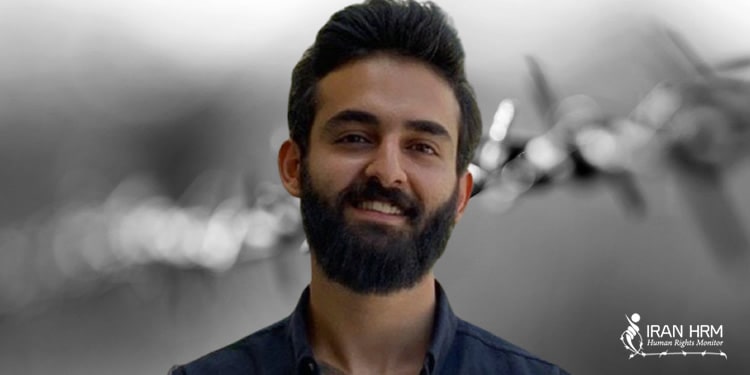In a letter from Rajai Shahr Prison in Karaj, a jailed civil activist who has been deprived of medical leave for months, wrote about his observations about the ‘weekly executions’ plan and the hanging of up to ten people every Wednesday morning in this prison.
In his letter published on Thursday, March 24, Saeed Eghbali described the “sound of cars coming and going on Tuesday nights to carry out the execution.”
Saeed Eghbali said that prison officials and the prosecutor were present to assure the implementation of the death sentence and the prisoners’ death.
“The sound of cars coming and going actively on Tuesday nights to carry out the executions can be heard through the fenced windows of my room,” he wrote.
Referring to the executions in the 1980s and the deaths of some civil society activists in recent years, the activist said that the execution process in Rajai Shahr Prison is ongoing “more horrendous”.
According to Mr. Eghbali, in Rajai Shahr Prison, there is a place called “Suite” consisting of several solitary confinement cells to which prisoners who commit “crimes in prison” are transferred.
But the “most horrifying” transfer concerns “the transfer of prisoners sentenced to death to these cells a few days before their execution.”
In a part of his letter, Saeed Eghbali mentioned the “drugs and pills” that prison officials give to death-row prisoners in the last moments of their lives.
Saeed Eghbali was first arrested by intelligence agents at his home in Kermanshah on February 1, 2018, and transferred to the Ministry of Intelligence Detention Center, Ward 209 of Evin Prison. He was later released on bail from prison on April 1, 2018.
Mr. Eghbali was sentenced in 2019 to six years in prison on charges of “conspiracy to act against national security” and “propaganda activities against the regime.”
He has been serving his sentence since 2020. He was transferred from Evin Prison to Rajai Shahr Prison in April last year.
His relatives say that he has been denied medical treatment and leave for months despite needing specialized medical tests.
Iran has the highest rate of executions per capita in the world.
The latest report by Javid Rehman, the UN special rapporteur on human rights in Iran, states that last year alone, at least 275 people were executed in Iran, including 40 Baluchis and 50 Kurds.
According to the report, at least 10 women were among those executed in Iran last year.
Explaining his annual report at the 49th session of the UN Human Rights Council last week, Mr. Rehman expressed concern about the growing number of executions in Iran, particularly in drug cases.
Rejecting the report, Kazem Gharibabadi, the international deputy head of Iran’s judiciary, called it “political.”
In his report, the special rapporteur, who has been denied access to Iran, indicated that he had continued to receive consistent information on the use of confessions obtained by torture as evidence in cases carrying the death penalty.











